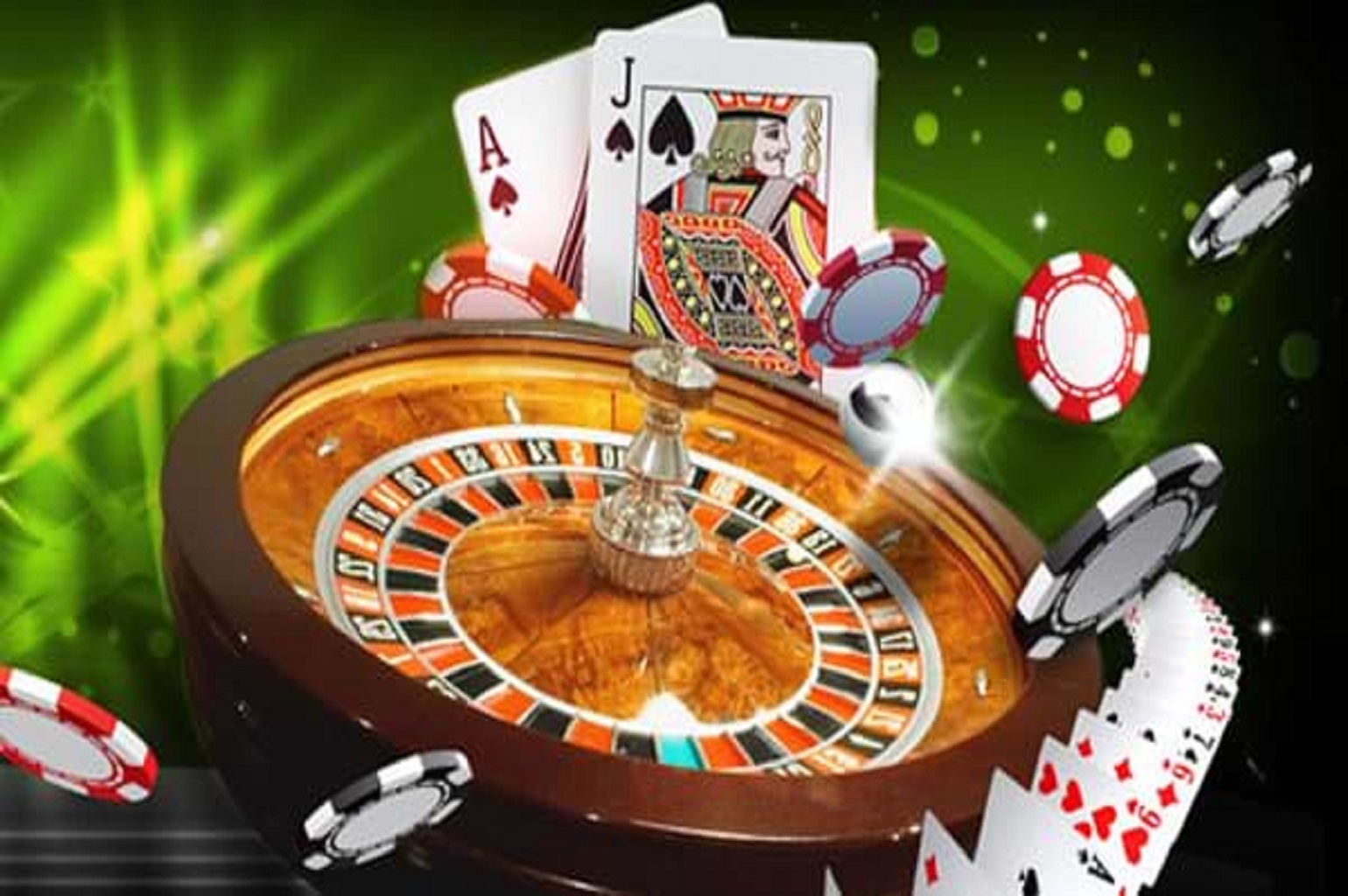
Casino offerings have been a source entertainment and thrill for numerous players around the globe. One of the main factors that make these games engaging is the diversity of playing cards employed in various kinds of games. Grasping the various kinds of cards can improve your gaming experience and refine your gameplay strategies. Whether you are attracted to classic card games like Texas Hold’em and 21 or newer casino games, each game depends on a distinct set of cards that affects the rules and the rhythm of play.
In casino settings, cards come in various styles, each tailored to meet the requirements of specific games. 58WIN From regular decks to custom card types, the diversity plays key role in molding the mechanics of each game. By familiarizing yourself with these cards and their applications, you can achieve more profound insights into the games and make more informed decisions at the table. This knowledge not just enriches your overall gaming experience but also adds to a higher-level approach to your odds of winning.
Types of Playing Cards
When it comes to casino games, the kind of playing cards used can greatly impact the gameplay and tactics. The most common deck is the traditional 52-card deck, which consists of 4 suits: hearts, diamonds. Each suit contains 13 ranks, from ace to King. This standard deck is essential in many games, such as black-jack, where gamblers aim to form the best hand possible or get as close to 21 as they can.
Some casino games use unique decks specifically designed for those games. For instance, the well-known game of baccarat often employs various decks shuffled together, typically six or eight. This not only increases the complexity of the game but also impacts betting strategies, as players must consider the increased number of cards in play. Additionally, certain games may bring in joker cards or wild cards, adding further variety and thrill to the gaming experience.
In niche games, custom decks may come into play. For example, in games like Bridge or pinochle, participants might use unique rules with varied card values or functions. These changes keep the gameplay fresh and allow for diverse strategies to emerge. Understanding the various types of playing cards and their specific uses in various casino games is key to improving one’s gaming experience and boosting overall results at the tables.
Deck Modifications in Casino Games
In gambling activities, the type of deck utilized can significantly impact both the gameplay and the strategies employed by players. Most traditional card games, such as blackjack and five-card draw, typically use a regular 52-card pack. However, modifications do exist where additional jokers or even multiple packs are utilized. For instance, in 21, some casinos may use one to eight packs, which can change the odds and the fundamental tactics needed to compete optimally. Players must be aware of the set of cards composition, as it affects the casino advantage.
Another common variation in casino playing card activities is the utilization of themed or specialized decks. For example, some poker games might use a deck that includes unique images or patterns, which can enhance the atmosphere at the table. These specialized packs often function to distinguish between different play formats or loyalty initiatives within the gaming establishment. While the standard guidelines of the game remain the same, the visual appeal can affect player involvement and enjoyment.
Finally, the mixing techniques used with various kinds of decks can also impact gameplay. Casinos often make use of automatic shufflers that can effectively shuffle multiple packs efficiently, making hand counting more challenging. The frequency and manner of shuffling can differ widely based on the game and the gaming establishment’s rules. Understanding these deck modifications is important for any player looking to enhance their game strategy and overall satisfaction in gaming games.
Value of Cards Values
In gaming games, the value of individual playing card plays a crucial role in determining the outcome of different games. Different games assign distinct worths to cards, shaping strategies and gamer choices. For case, in 21, cards ranging two through 10 are rated at their actual worth, while face playing cards hold a worth of ten, and the Ace can be valued either 1 or eleven. Grasping these values allows players to make knowledgeable choices during play, boosting their chances of winning.
Likewise, in Texas Hold’em, the importance of card values extends to combinations and combination values. High worth cards can form stronger hands, such as two of a kind, straights, or flushes, which are essential for success in the game. Players must evaluate not only their own cards but also likely combinations their opponents might hold. This strategic complexity adds interest and complexity, making card values a key factor in poker’s attraction.
Furthermore, the psychological element of playing card values cannot be dismissed. Gamers may use the knowledge of card values to bluff or confuse their opponents. By grasping how a playing card’s worth can change the game’s mechanics, gamers can more effectively navigate hazards and gains, creating a thrilling environment in casino activities. Whether competing for entertainment or for actual money, knowledge of playing card worths significantly affects the overall gaming experience.
